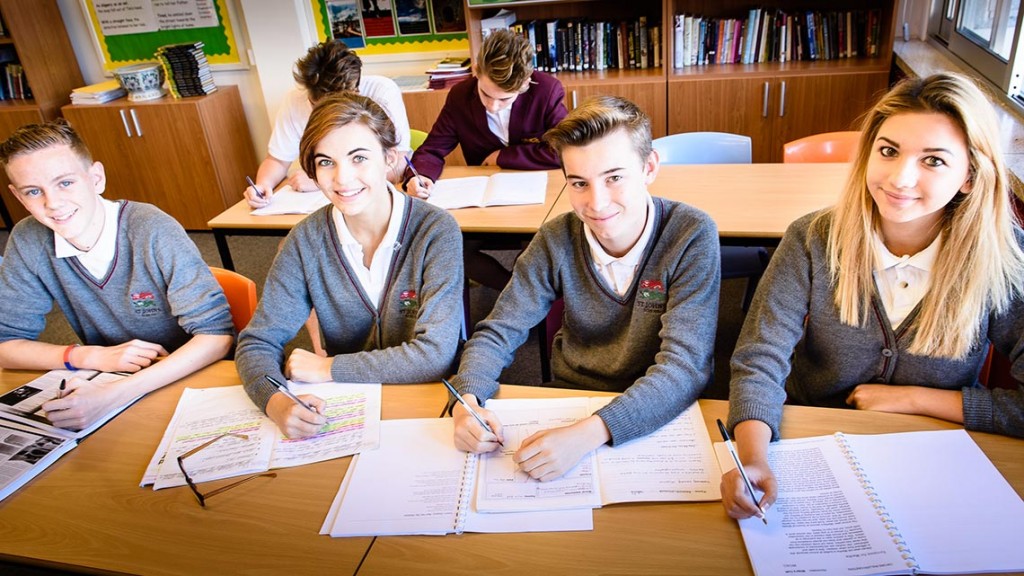
Year 7-13 Curriculum rationale
Curriculum intent: “A word after a word after a word is power.” Margaret Atwood
The English Curriculum at St John’s aims to help students see their power and place in the world and explore, empathise and question the experience of themselves and others through the study of a diverse range of challenging heritage and modern texts. Through this study, we will foster and develop a curiosity around language which can be applied to a range of creative and academic contexts, resulting in empowered readers, writers and orators who can contribute positively to the local, national and international communities of which they are a part.